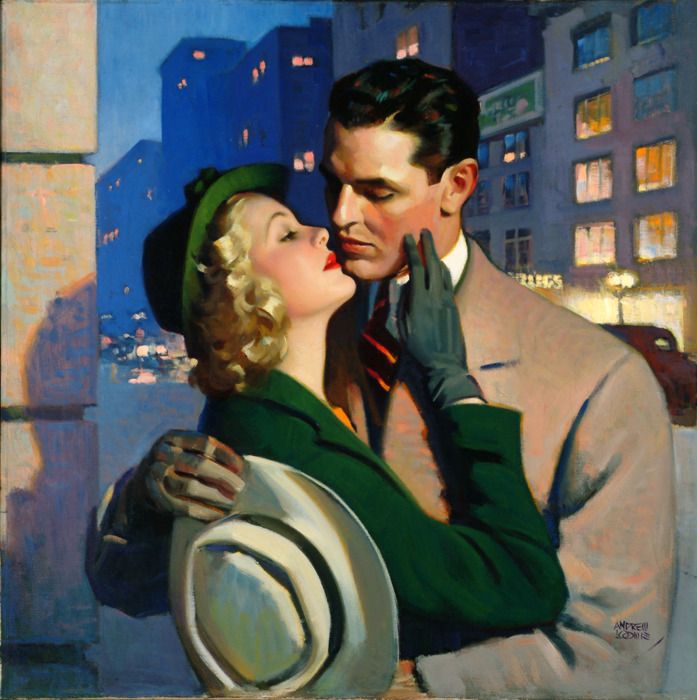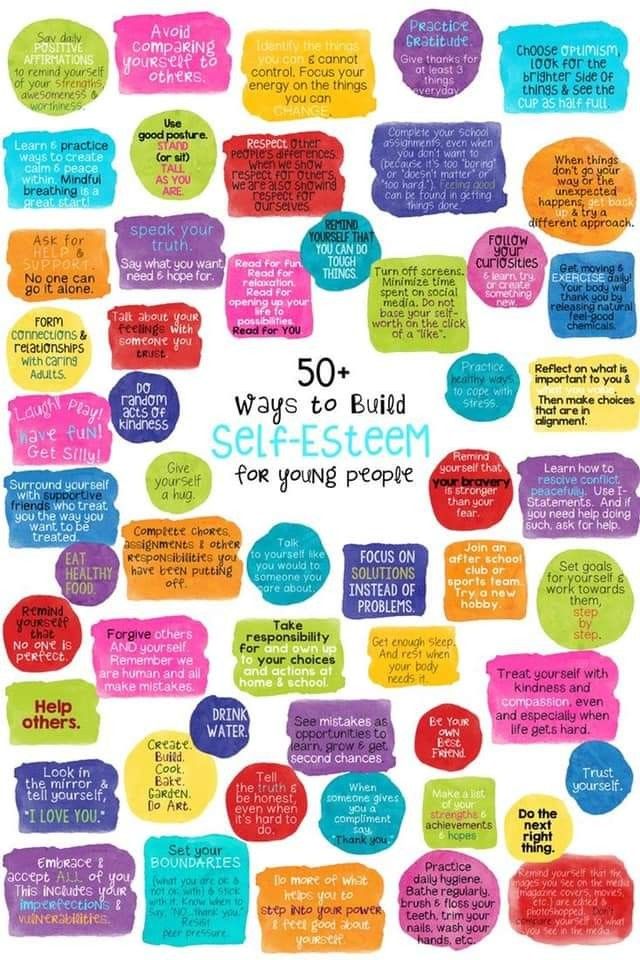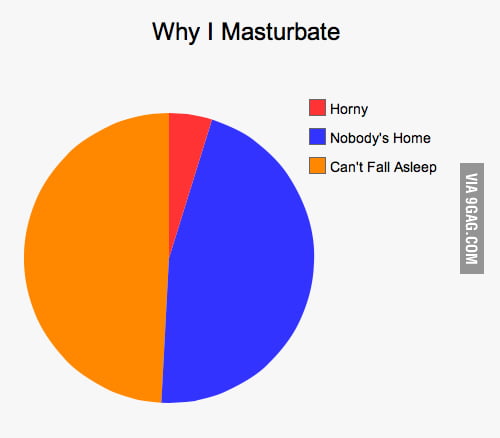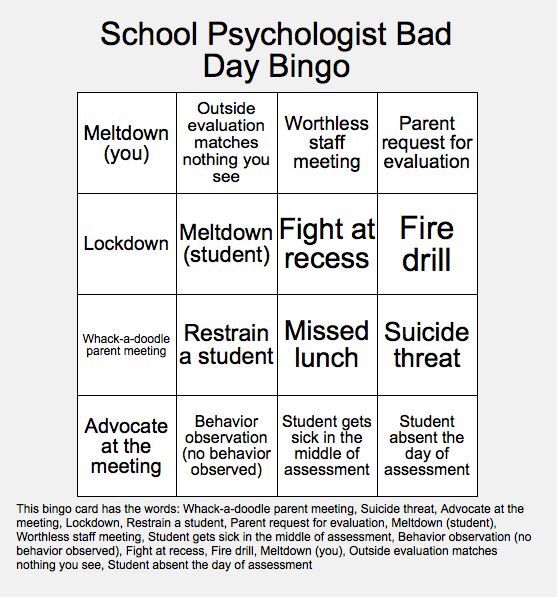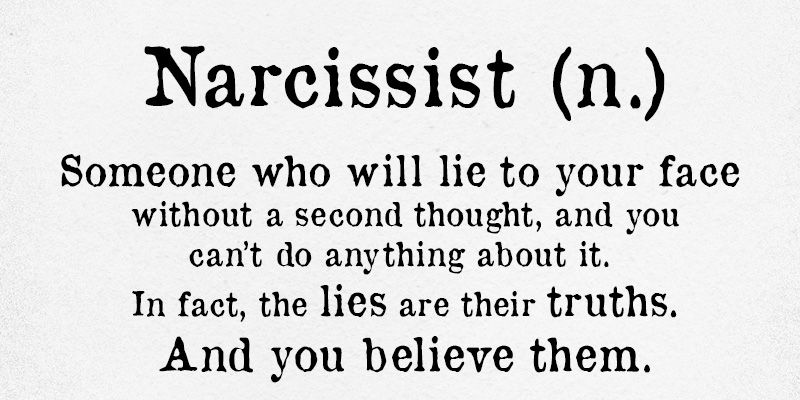40S and single
Redefining being single and child-free in your 40s
- Home
- Solo
- Relationships
- Redefining being single and child-free in your 40s
Anna Brech 29th Mar 2022 4 min read
863
From the ‘lonely spinster’ to the ‘man-child bachelor’, society really does love to discriminate and feed negative narratives around being single. Yet, with so many people now happily single and child-free in their 40s – choosing to embrace it as an independent lifestyle choice – those out-dated notions feel wildly out of step with reality. Indeed, if you do tick those boxes, you’ll know that swimming up stream, against the status quo, can be exhausting at times, even if it is personally life affirming.
It’s an issue that lies at the heart of No One Tells You This, a memoir by New York writer, Glynnis MacNicol. Approaching her 40th birthday, Glynnis had a great career and a life that she loved. But still, she found herself framed by the expectations of other people: people who felt she must want babies or a partner in order to feel fulfilled. That message was backed up by almost every book, film and magazine she came across.
“It was nearly impossible, no matter how smart, educated or lucky I was, not to conclude that I had officially become the wrong answer to the question of what made a woman’s life worth living,” says Glynnis.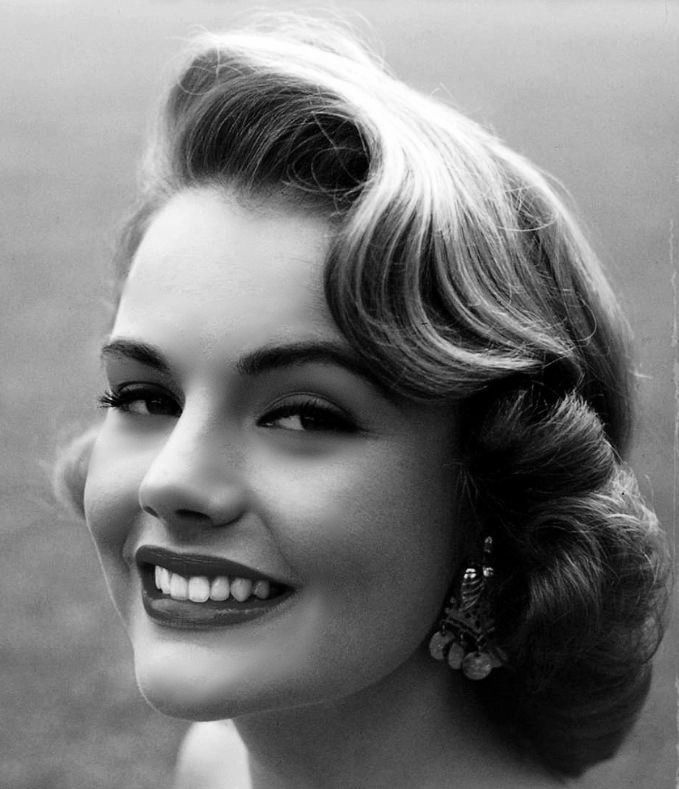
With more and more of us choosing to live independently and not have children, child-free people in their 40s are a growing demographic. But our understanding of what this means — and the freedom that can come from being single in our 40s — is still evolving. So, instead of feeling bad about being child-free and single – as society expected her to – Glynnis decided to create a blueprint for people like her, carving out an example of how to enjoy being single in your 40s.
No One Tells You This documents Glynnis’ life at 41, from life-changing adventures to dating and friendships. It unpicks the question, “If a story doesn’t end with marriage or a child, what then?” Here are just a few of her kick-ass, inspirational insights:
Reframing the single person myth
“Culturally there’s a lot of messaging out there that after the age of 40, if you have not acquired a partner or child, you are sort of in a no-man’s land of invisibility and things will probably be horrible for you from here on out.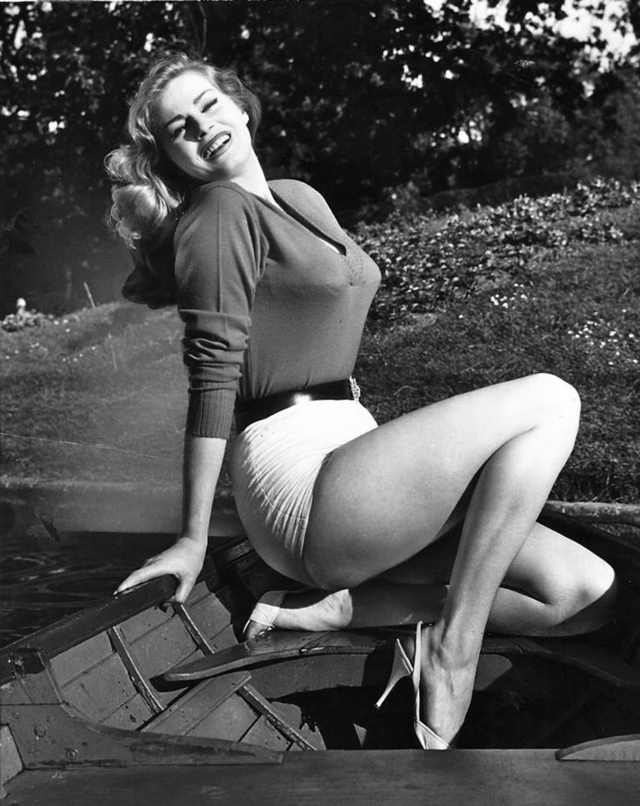 I had been prepared to dread this period of my life, but never prepared to enjoy it.” – Refinery 29
I had been prepared to dread this period of my life, but never prepared to enjoy it.” – Refinery 29
Questioning the narrative
“I’d never bothered to seriously question whether I actually wanted to be married with kids, or even just with kids. I had simply taken it as a given – like financial security and regular exercise – they were obvious outcomes that sane people generally aimed their lives toward.” – Simon and Schuster
Being solo, happy and free
“I made myself say it out loud: ‘I might always be alone’. It sounded less overwhelming against the noise of the breaking waves. I laughed. ‘Fuck off,’ I thought, ‘I am done feeling bad.’ And then aloud: ‘I can do whatever I want.'” – Elle magazine
A new kind of story
“There’s no such thing as ‘all.’ I simply have as much, and as little, as any other woman I know and look forward to the day when women – single, married and otherwise – no longer need the words ‘husband’ and ‘baby’ to act as a special lemon juice squeezed over our lives in order to make them visible.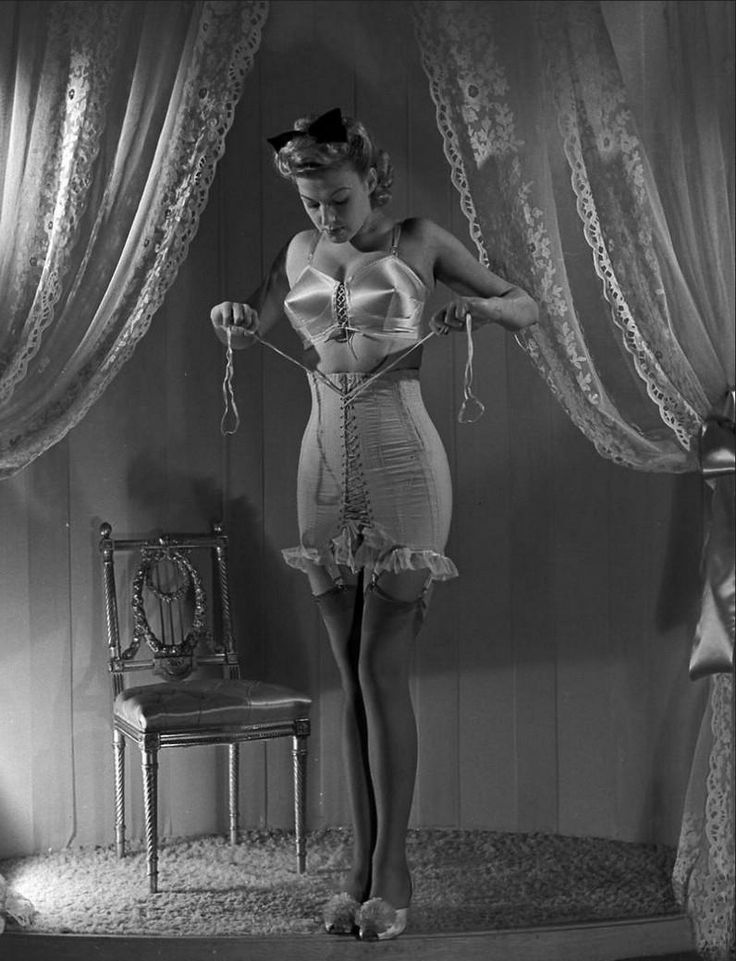 ” – The New York Times
” – The New York Times
Rewriting the tired old narrative
“There are literally no stories about women that don’t end with marriage or a baby. We have so many role models as girls, growing up, independent characters: Harriet the Spy, The Secret Garden, The Hunger Games… But those stories essentially end with puberty.” – The Washington Post
Women and solo travel
“Women on road trips aren’t tragedies waiting to happen. Like men, we’re free. We don’t hear enough about women doing epic, exhilarating things without the comfortably defining presence of a man.” – The Guardian
Finding a purpose
“My life is more enjoyable now than it has ever been – and more fulfilling. My relationships have deepened; I feel more secure and confident. The word I come back to is that I feel incredibly powerful. That is the antithesis of what you’re conditioned to think [as a single woman in her 40s] – you’re supposed to think of yourself as a disappearing entity with no agency.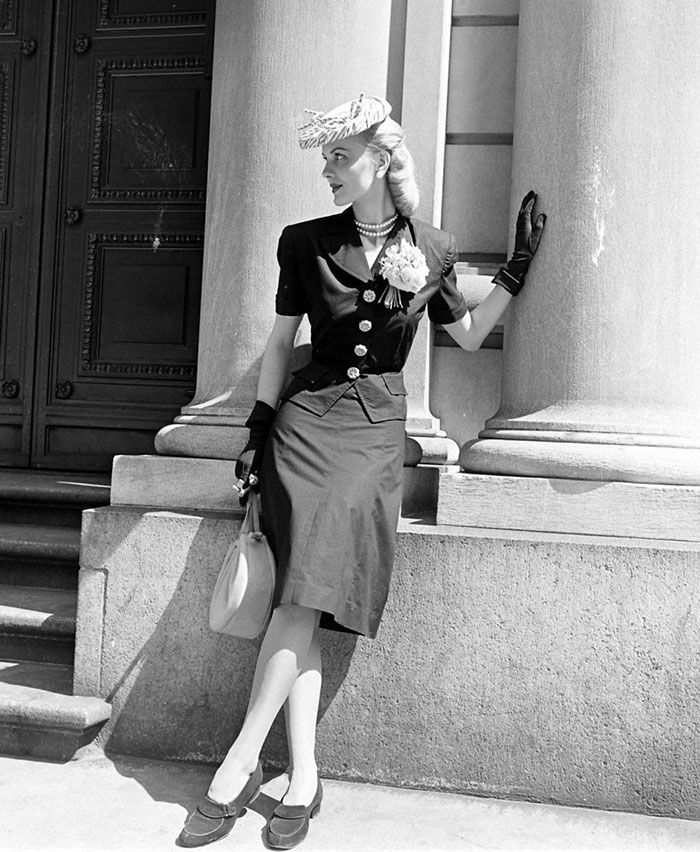 ” – The Washington Post
” – The Washington Post
Keen to challenge yourself – and other people’s expectations? Join a group tour with Flash Pack and other life-minded travelers in their 30s and 40s.
Got a story or adventure that could inspire a solo traveler like you? Tag @flashpack on social or email [email protected] to be featured.
Images: Flash Pack
The brutal truth about being single in your 40s
Are you in your 40s and single?
A lot of people are. Even if you think that being single in your 40s is strange, there’s nothing wrong with being single in your middle ages. Instead, not having a partner or family in middle age is accompanied by many significant benefits.
Still, if you’re unsure about how you’re perceived in society because you’re already over 40 and single or don’t understand how you feel about yourself, keep on reading. Why?
Because we’re about to debunk the common myths about being single in your 40s and see why it’s a great thing.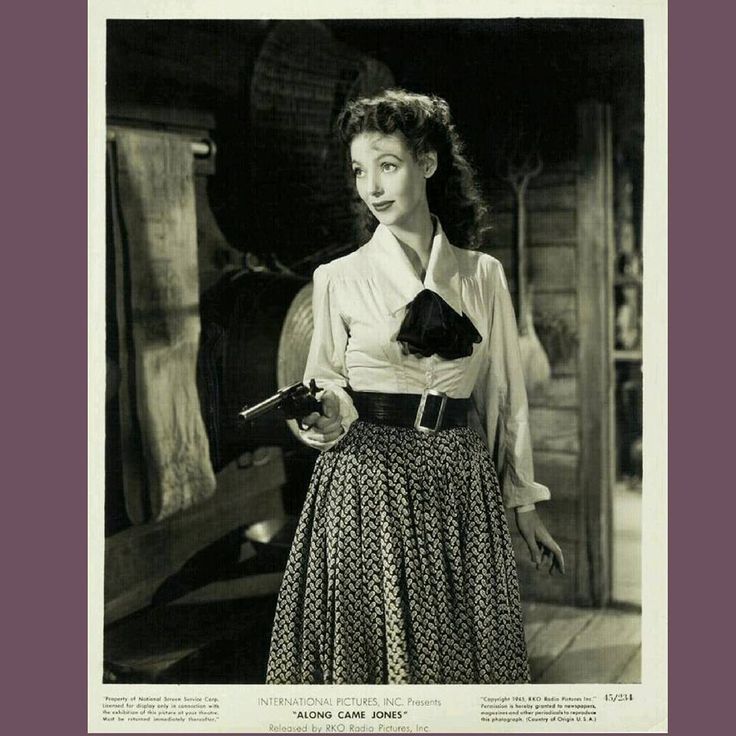
What does it feel like to be single in your 40s?
You get up, slowly make your breakfast, dress based on your preferences, and plan to spend the rest of the day productively. Or rest, have fun, and enjoy the benefits of being alone because you don’t have any responsibilities.
But that’s just one of the many surprising benefits of being single. Being on your own means that you’re free. And when you’re free, you can focus on your personal growth and do anything you wish for. How?
You focus on your needs. You live life according to your own pace and don’t worry about fulfilling others’ demands. You have time for your friends. You have time for your family and even for romantic relationships.
But there’s no obligation. Just you and your desires. That’s how it feels like to be single in your 40s.
Now imagine you’re not single. You and your imaginary partner have three kids together. You wake up, rush to make breakfast for everyone, but they all have different preferences.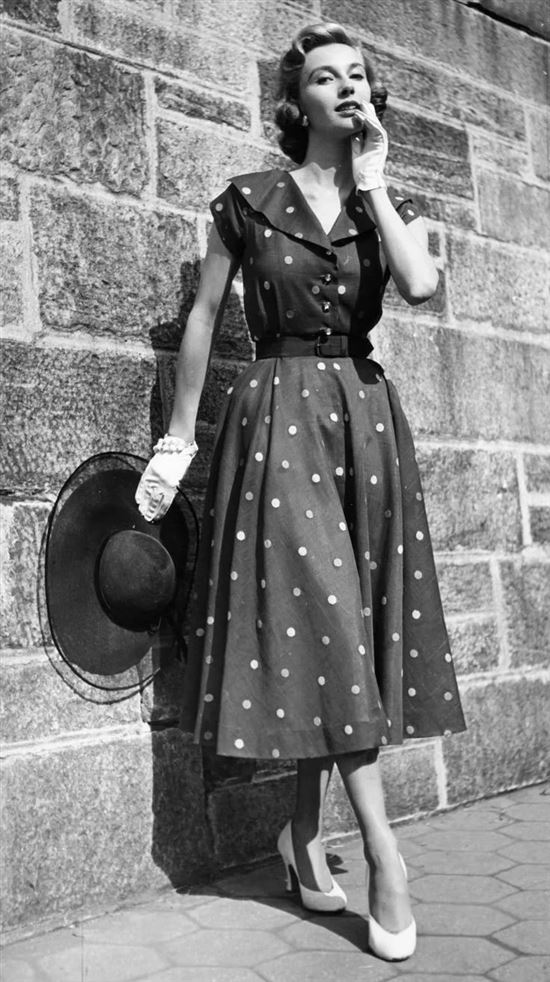 You need to give your kids a lift to school. But they’re not ready yet. You’re already late to work, but nobody cares.
You need to give your kids a lift to school. But they’re not ready yet. You’re already late to work, but nobody cares.
They have their own lives. They can’t skip school because of your work. And there’s nothing you can do.
And this is just one of the many possible bad scenarios we can imagine. The truth about being single is that you’re not supposed to be sad. Being single doesn’t mean that you’re not good enough for someone. It just means that you’re giving yourself opportunities to discover your passions and know who you are.
Most importantly, you need to know that being 40 doesn’t mean you’re not young anymore. Even if you’ve already lived about half your life, you’re still young. And many people in their forties still don’t know what they want from life yet, which is normal.
Nevertheless, our society is full of stereotypes about being single, and here are the eight most common myths about being single in your 40s.
10 myths about being single in your 40s
1) Single people in their 40s are emotionally immature
Have you ever heard that being single is a sign of immaturity?
If you worry about being single in your 40s, you probably have.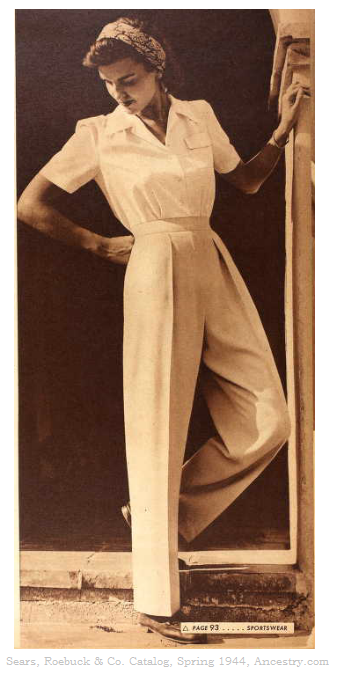 It’s a common stereotype in society that single people can’t manage to build stable relationships because they’re emotionally immature. Or even worse, some people think that being single is a sign of failure.
It’s a common stereotype in society that single people can’t manage to build stable relationships because they’re emotionally immature. Or even worse, some people think that being single is a sign of failure.
Yes, not all single people indeed feel happy. Many of them have low self-esteem and don’t feel satisfied. However, being single comes with many psychological benefits for your self-esteem. But we don’t talk about self-esteem here.
Regardless of your self-esteem, you can be forty, single, and emotionally mature at the same time. What does it mean to be emotionally mature at all?
Emotional maturity means you can manage your emotions in various situations. It means you have high emotional intelligence and realize that having a satisfying romantic relationship is tricky.
Of course, being emotionally mature often leads to fulfilling relationships. But sometimes, due to being emotionally mature, people give up on relationships and choose freedom or self-development instead.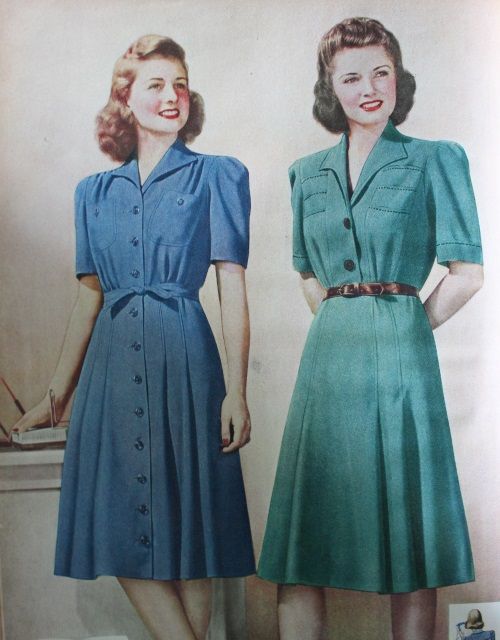
Therefore, being single in your 40s doesn’t necessarily mean that you’re emotionally immature. On the contrary, being single might be your choice due to being emotionally mature.
2) Single people in their 40s are dying to get married
Yes, some people who are over forty want to get married. But it’s not necessarily because they are already in their forties. Instead, the desire to get married is a natural thing. It doesn’t matter whether you’re 20 or 60, you might naturally want to find a partner and create a family, and that’s normal.
That’s normal in your 40s too. However, it doesn’t mean all single people who have already reached their forties are dying to get married. Nowadays, an increasing number of women choose to be single. As a sociologist, Eric Klinenberg states, the reason is that they prefer having someone to go out with instead of having someone to come home to.
Some people perceive marriage and family as a sign of losing freedom. Therefore, they prefer simple dating rather than getting married.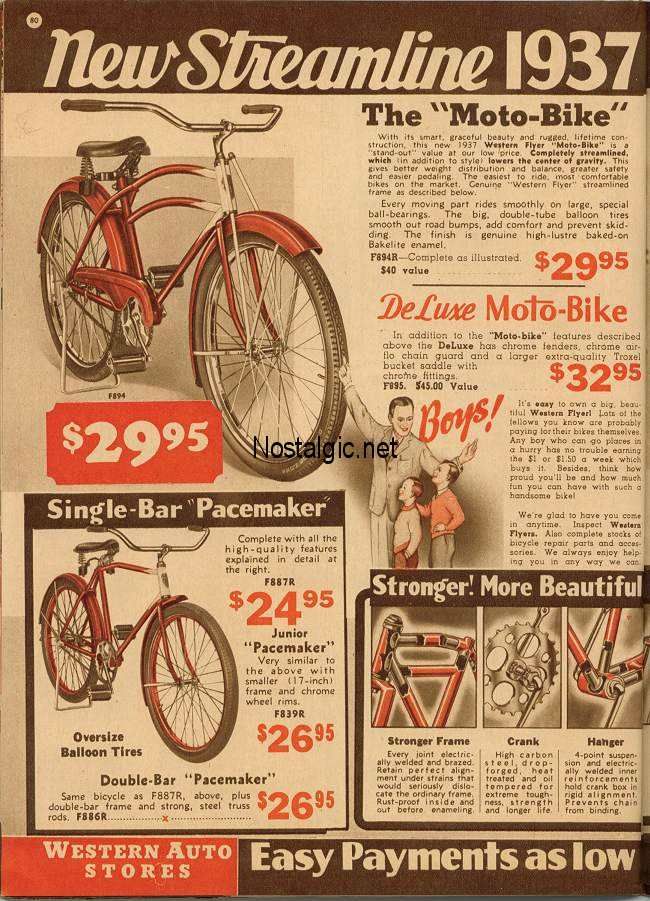 Indeed, contrary to common myths about relationships, having a romantic partner in your 40s is possible without being married.
Indeed, contrary to common myths about relationships, having a romantic partner in your 40s is possible without being married.
Of course, not only women but men in their forties aren’t dying to get married either. For example, Justin Brown, the founder of Ideapod, enjoys being single in his 40s and doesn’t feel any need to justify his desire to be single. And he’s just one example of successful people in their 40s who enjoy being single. Watch his video below where he talks about being single in his 40s.
3) Single people in their 40s are lost in life
Whether you’ve just got out of a relationship or you’ve been single a while, once you hit the 35 + mark, people start to assume you just haven’t got your sh*t together.
They assume you’re unhappy, unable to hold down a relationship, too bogged down by the stresses of work.
Now, for some this may be true, but for most 40-somethings, they’re happily living life on their own terms, enjoying the freedom of choosing how to take each day as it comes.
But what if you are struggling to find your purpose in life?
What if you find that the same challenges hold you back, time and time again?
Have popular self-help methods like visualization, meditation, even the power of positive thinking, failed to release you from your frustrations in life?
If so, you’re not alone.
And let me tell you – this has nothing to do with being single at 40. This is a case of lacking clear direction.
I’ve tried the conventional methods listed above, I’ve done the rounds with the gurus and self-help coaches.
Nothing made a long-lasting, real impact on changing my life until I tried an incredible workshop created by Ideapod co-founder Justin Brown.
Like me, you and so many others, Justin had also fallen into the trap of self-development. He spent years working with coaches, visualizing success, his perfect relationship, a dream-worthy lifestyle, all without ever actually achieving it.
That was until he found a method that truly transformed the way he approached achieving his goals.
The best part?
What Justin discovered is that all the answers to self-doubt, all the solutions to frustration, and all the keys to success, can all be found within you.
In his new masterclass, you’ll be taken through a step-by-step process of finding this inner power, honing it, and finally unleashing it to find your purpose in life.
Are you ready to discover the potential within you?
Click here to watch his free introductory video and learn more.
4) Most people in their 40s are already taken
Another common myth about middle-aged people is that “all the good ones of our age are already taken.” However, believing most people in their 40s are already taken without having any statistics to rely on,
But have you ever checked out a single online dating app? How many people in their forties use online dating applications to find their partners? This proves that thousands of people in their 40s are single and ready to start new relationships.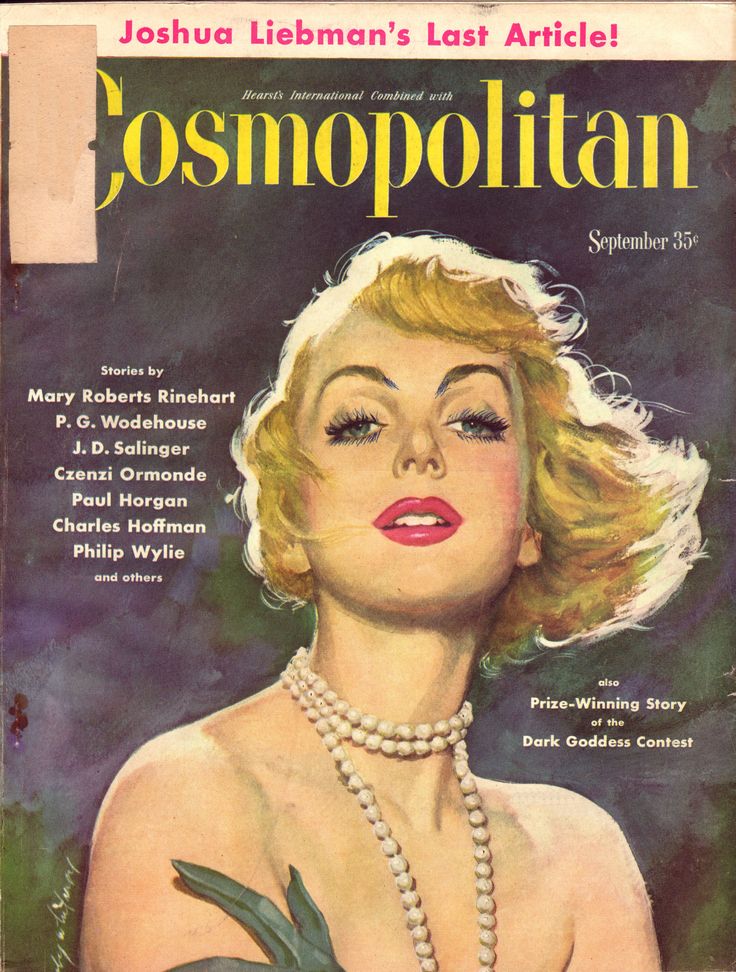
What does it mean?
It means that the idea that most people in their 40s are already taken is just another plain wrong stereotype.
Besides, we should all keep in mind that not all people over forty and single try to find their lifetime partners. Some of them are looking for partners for casual relationships. And others aren’t looking for anyone at all and take advantage of being on their own.
5) You can hardly find a partner in your 40s
Once people reach middle age, sometimes they automatically think that there’s no way they can find a partner in their 40s.
Some of them think they’re not young enough or attractive enough. Others are concerned about society’s beliefs and prefer to spend the rest of their lives alone to avoid rumors and gossip.
However, you’re mistaken if you think that the dating pool is thinner after 40 than before. Based on the Bureau of Labor statistics, 50% of people over 40 are single. This means almost as many people are single in their forties as some are in relationships.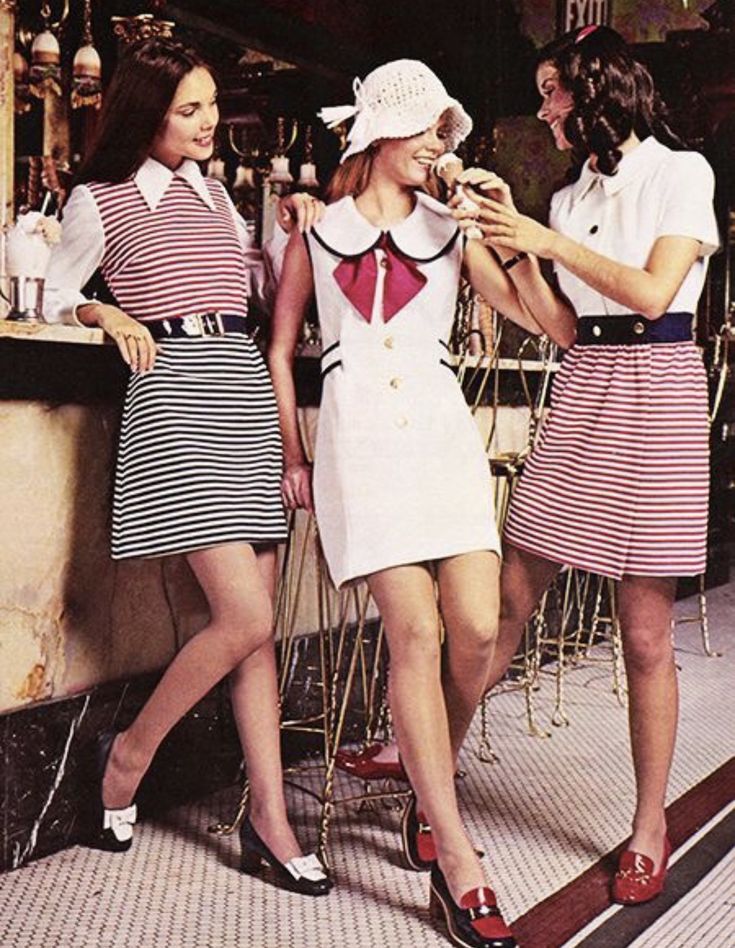
Therefore, you have no reason to refuse to find a partner because you think there’s no one to date. Still, the ability to find a partner in your 40s doesn’t mean that you must find a partner. Instead, there are many reasons why it’s better to be single.
So, no matter if you’re single or taken in your 40s, you should remember that you have numerous opportunities to live your life to the fullest, based on your inner wishes and desires.
6) You’ve already reached your career peak
Think about it. How many jobs did you have throughout your life? Did you feel completely comfortable with any of them? Or maybe you think that your current job is the best possible thing you could ever do.
If you’re over 40, you’re likely to have tried various jobs and careers throughout your life. Now, either you’re settled down or looking for new opportunities in your life.
In both cases, it’s lovely as long as you feel fine.
And the idea that middle-aged people have already reached their professional peak is another myth that needs to be debunked.
If you didn’t know before, countless successful people changed their career paths in their middle ages.
- Did you know that Vera Wang entered the fashion industry in her 40s?
- Henry Ford was 45 when he first created the Model T car, which changed the automotive industry.
- If you have heard anything about Julia Child and her fascinating achievements, you probably already know that she wrote her first cookbook at 50.
Some more inspiring people achieve success later in their lives than you can imagine. This means nothing more than that you’re not supposed to forget about your dreams ever in your life. Why?
Because nobody knows when you will reach your professional peak, and if you don’t feel comfortable about your career, the chances are high that the best is yet to come!
7) It’s too late to explore the world in your 40s
Who said you can’t explore the world once you reach your 40s?
If you’re single, you probably have all the opportunities to do whatever you wish you could do.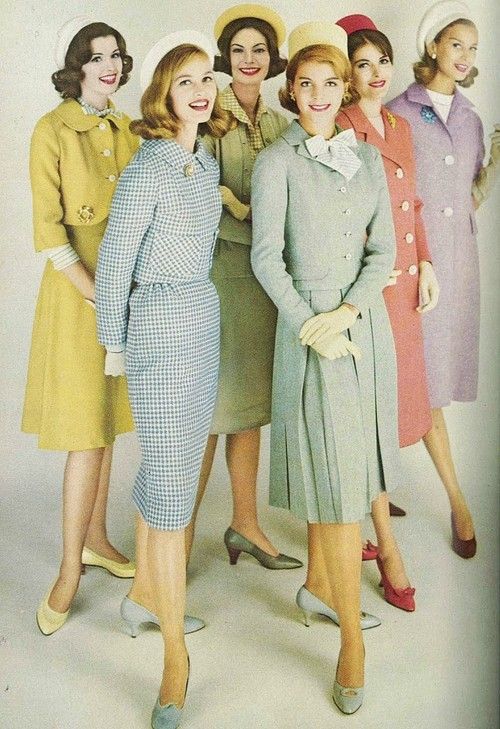 And if you feel you want to explore the world, you can go for it.
And if you feel you want to explore the world, you can go for it.
Contrary to popular belief, many people believe that the 40s are the ideal age to explore the world. Why?
- You’re most likely financially independent.
- You’re wiser than your younger self.
- You have plenty of time for yourself.
- You have a better understanding of your dreams.
- You probably need to try something new.
Traveling around the world, learning new skills, or picking up new hobbies are some of the things you can do to explore the world, regardless of your age.
Moreover, if you didn’t know before, taking part in new experiences is one of the proven ways to avoid midlife crises, which is pretty standard for people over 40.
So, remember that it’s never too late to explore the world, and if you’re single in your 40s, now might be the best time for it!
8) Single at 40 means you must suck at love
I know – it’s unbelievable but this is another common myth that’s made the rounds. The truth is, most people suck at love, never mind the age.
The truth is, most people suck at love, never mind the age.
And when I say “suck at love” I don’t mean intentionally being bad at it – it’s just the way we’ve been conditioned to believe love should be. We see it in the films, in novels, and unfortunately, it’s just not realistic.
That’s why so many relationships break down these days.
You see, most of our shortcomings in love stem from our own complicated inner relationship with ourselves – how can you fix the external without seeing to the internal first?
I learned this from the world-renowned shaman Rudá Iandê, in his incredible free video on Love and Intimacy.
So, if you want to improve the relationships you have with others and be ready for when love does come along again, start with yourself.
Check out the free video here.
You’ll find practical solutions and much more in Rudá’s powerful video, solutions that’ll stay with you for life.
9) You’re destined to be alone
Young, energetic, and attractive people don’t need much effort to find life partners and live happily with them forever.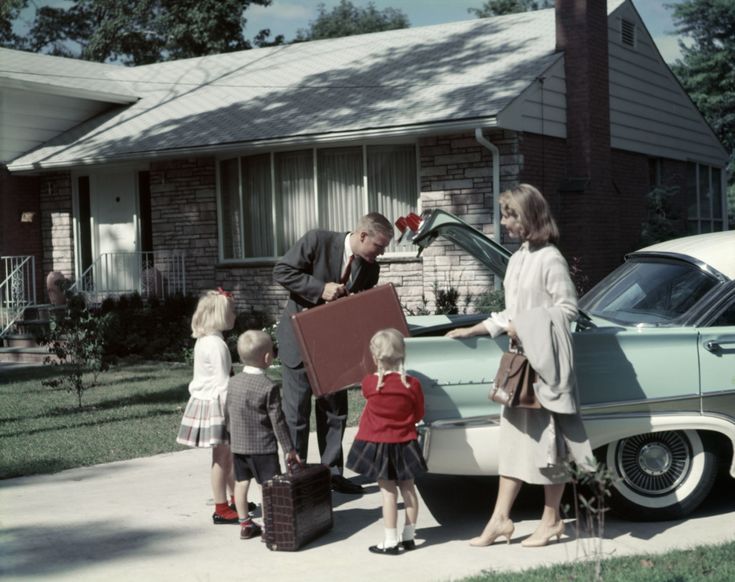 Therefore, you should try to find a partner when you’re young to avoid loneliness in later life.
Therefore, you should try to find a partner when you’re young to avoid loneliness in later life.
That’s a bad stereotype that modern society tries very hard to implement for some reason. However, none of this makes sense to me and to all the people who acknowledge the importance of living based on your own needs.
Nobody is destined to be alone.
Besides, being alone doesn’t necessarily mean that disturbing feelings of loneliness’ll surround you. Being alone and being lonely are two completely different things. You might not have a lifetime partner but feel better in the company of your friends than people in relationships who don’t even feel happy.
And also, even if you’re single now, it doesn’t mean that you’ll remain single for the rest of your life. Maybe you’ll find the partner you’ve always wished for at 60. Perhaps you’ll find them tomorrow or a year later.
In any case, you’re the one who makes your destiny, and you shouldn’t let society’s ugly stereotypes decide your fate and well-being.
10) Single people in their 40s can’t be romantic
Being romantic doesn’t have anything to do with your age. Neither depends on your relationship status.
Based on the common myth, people in relationships are more romantic. But actually, they have more opportunities to express their romantic sides. The reason is that they have someone else with whom they can act romantically. And that’s it.
But did you know that couples have fewer romantic feelings towards each other as time goes by?
On the contrary, single people find it easy to express their romantic desires. How is it possible?
They’re not attached to one single partner. And the more people they meet in their lives, the more their perception of romanticism changes.
So, if someone is just single, it doesn’t mean that they are not interested in romance. Similarly, it doesn’t mean that single people in their 40s can’t be more romantic than those taken.
Why being single in your 40s is a great thing?
A few minutes ago, you might have thought that there’s nothing good about being over 40.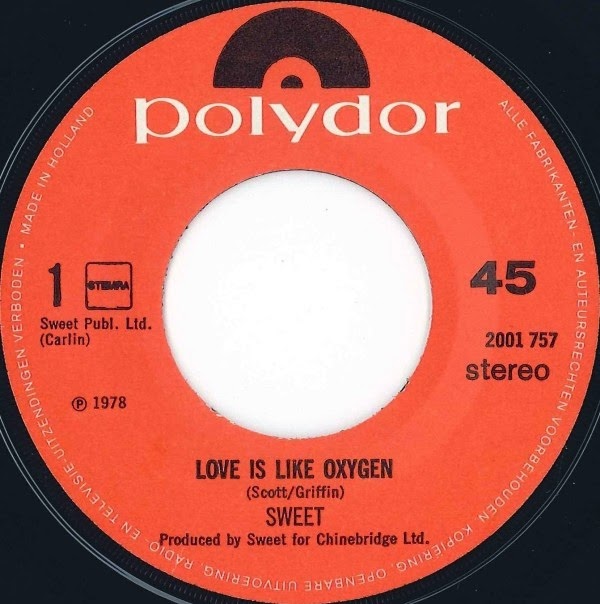 However, after debunking the common myths about being single in your 40s, I hope you’re more aware of the benefits of being single in your 40s.
However, after debunking the common myths about being single in your 40s, I hope you’re more aware of the benefits of being single in your 40s.
If you’re over 40, you’re more likely to know who you are, what you want, and where you go. Considering all this, not only are these good things, but being single in your 40s might be the greatest thing ever in your life. And I’m about to prove why.
You don’t have any obligations
You can get up whenever you want, stay out late, go to bed whenever and wherever you want. You can eat any food you like. You can tidy up the house when you have free time. You can go everywhere, meet anyone, and live as you desire.
All these things are only possible if you’re single. Otherwise, you will need to be accountable to another person.
People in relationships always have to ask their partners how they feel about certain decisions before taking any steps forward. Therefore, in relationships, you’re not entirely free. You have to take others’ interests into account and behave accordingly.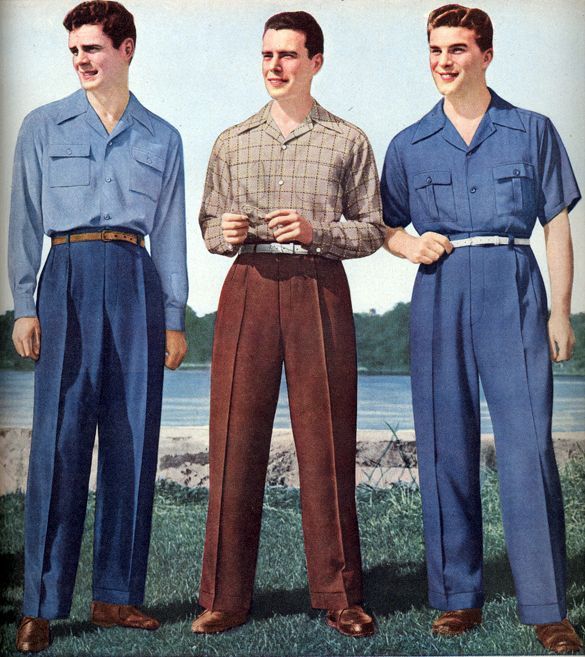
But when you’re single, you can easily take advantage of your freedom and live exactly as you wish in the here and now moment. You have zero obligations towards others, and the only person you’re obliged to take care of is yourself.
All the free time is completely yours
Time has become a more and more precious resource in our fast-paced world. We work, we study, we communicate with other people. Our everyday routines are so overloaded that we rarely have time for ourselves.
Relationships make things even more complicated. When you have a partner, spending time with them, going on dates, and making plans together is necessary. However, all the free time is entirely yours when you’re single!
You don’t need to argue about what to do or where to go. You’re the one who decides how to spend weekends. You decide about going out or staying at home based on your mood and needs.
Consequently, being single means better organizing your daily tasks and having as much time as you need to develop your skills, learn new things, explore the world, or just rest.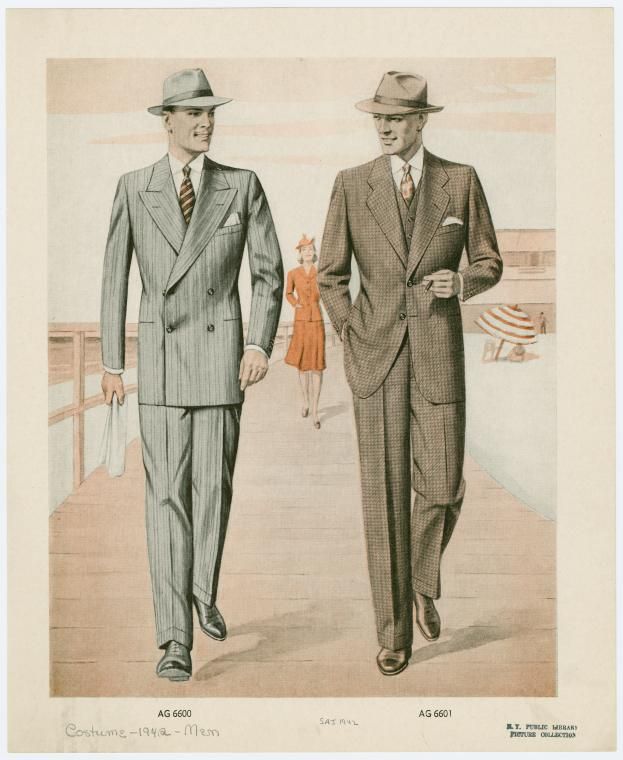
You can make tons of new friends
When you’re single, you’re open to new relationships. And being open to new relationships means you’re open to new friendships.
In your 40s, you have enough experience to make new friends easily. You already know what kind of people attract you; you realize who you can trust and who you can’t.
Besides, you acknowledge that the quality of friendship matters, not the quantity. At least that’s what Oprah proves and what I also believe.
On the contrary, you dedicate most of your time to your partner when you’re in a relationship. And when people see you’re taken, they’re not likely to communicate with you. Of course, it’s another ugly stereotype of our society, but it is.
But being single is perceived as a synonym for openness to new experiences. And this also means that you can make tons of new friends.
You can spend the money however you want
Have you ever heard anything about money-killing marriage issues? If you haven’t, you should know that no matter how much you adore your partner, you’re likely to experience money-related problems at some stage of your relationship.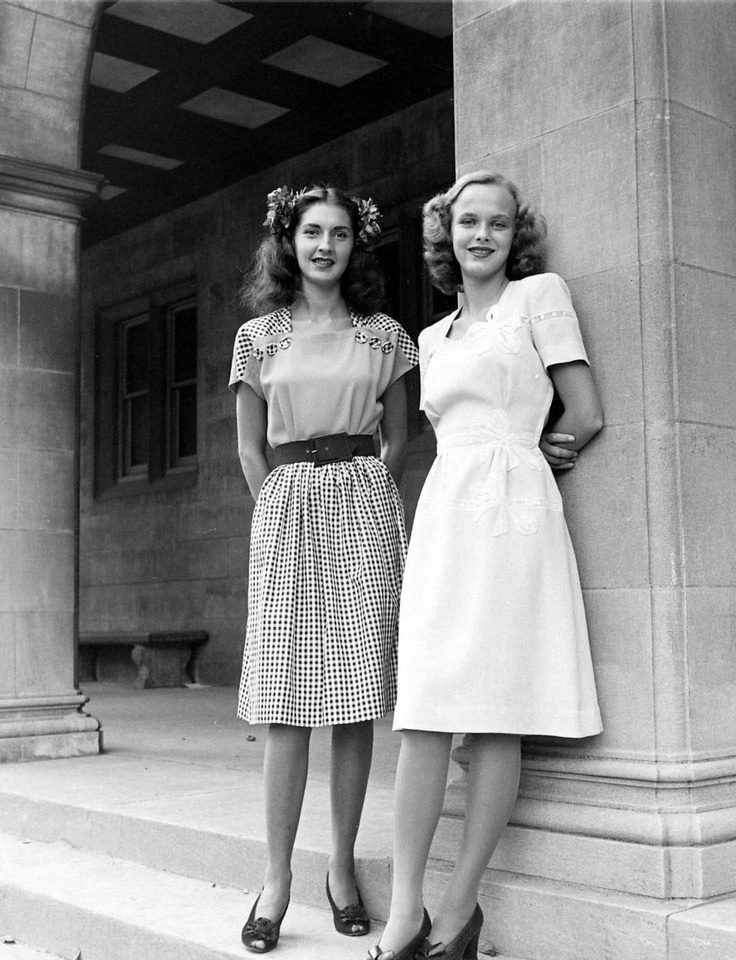
That’s especially true with marriages. When people marry, financial boundaries diminish, meaning there’s no such thing as your money and my money anymore. Instead, all the money is “ours.”
But what if you want to spend the money you earn by working hard for yourself? Why should you consider others’ needs to spend your own money? What if you make more than your partner? Why are you the one who pays bills?
These are just some of the financial issues married couples are often concerned about. There is much more than that. And in the long term, such concerns hurt the emotional bond of couples.
Even if you’re not married but are dating someone, you still have to spend tons of money meeting their needs. It doesn’t matter whether it’s about buying a heartfelt gift or going on a date together; dating requires financial resources.
However, when you’re single, all the money is entirely yours. You don’t have any obligations, and you don’t want to consider anyone’s interests. You’re the one who earns and spends all the money. And this feels great.
You’re the one who earns and spends all the money. And this feels great.
You can shape your own happiness
And finally, being single in your 40s allows you to be happier. How?
When you’re single, you have more time to get in touch with yourself. All you’re concerned about is your desires. People often say that they lose themselves in relationships. The reason is that you stop doing things independently and start thinking about your partner’s desires.
On the contrary, if you’re single, you have more time to focus on your personal development, explore your needs, and find your inner self.
To me, being single is equal to having an opportunity to figure out what you want out of life. And how are you going to achieve whatever you want?
As a result, you’ll learn to enjoy being in your own company. You’ll become more confident in yourself. And needless to say, you’ll feel happier as a result.
Can you be happy and single in your 40s?
If you’re in your 40s and still single, you should omit “still” and change the phrase to “40s and single”.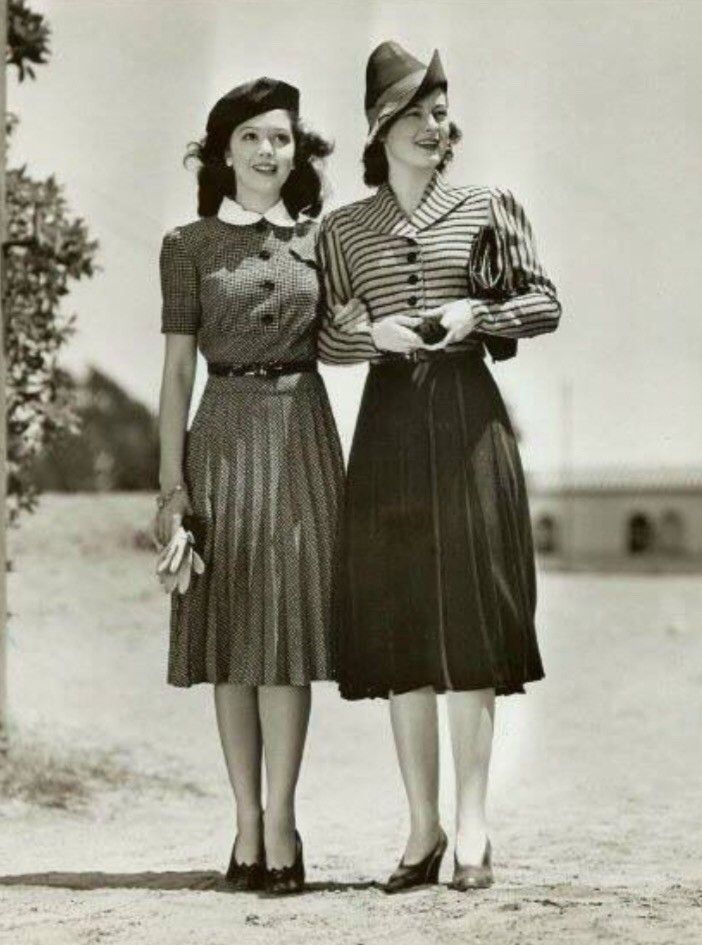 As you can see, there are many reasons why you can be happy and single in your 40s at the same time.
As you can see, there are many reasons why you can be happy and single in your 40s at the same time.
Happiness isn’t necessarily defined by relationships. Personally, I define happiness by who I am. Who I am alone, free from common stereotypes, social influences, and the people around me. And I believe you also shouldn’t define happiness by your relationship status.
Of course, if you’re in a relationship and feel happy because of your partner, that’s amazing. Nobody’s trying to tell you to avoid being in a relationship in your 40s because it’s irrational.
However, you should only start dating someone or getting married to someone only if you feel you want it yourself. And not as a result of social pressure.
The key to happiness is living a life based on your desires and needs. If you need to be in a relationship, go for it. But if you feel you’re much more comfortable being single, then it’s completely fine to be single in your 40s.
7 world-famous criminal couples
Most crimes are committed by men, but some women are not far behind them. These bandits received sentences and went down in history for their particular bloodthirstiness.
These bandits received sentences and went down in history for their particular bloodthirstiness.
Website editor
Tags:
Valeria
Bono
killers and maniacs
Crime nine0003
Bonnie and Clyde
Perhaps the most notorious criminals in history who worked together. They met in the late 20s. From 1932 to 1934, at least 13 people were killed, including policemen, many robberies were committed, and five criminals were released from prison. They were caught and shot on the spot on May 23, 1934 in Louisiana: each received more than 50 bullets.
Ray Martinez and Martha Beck
Raymond Martinez in the 1940s searched for victims through newspaper dating ads in the Lonely Hearts section. He rubbed his trust in women, robbed them, and later began to kill. His third victim was supposed to be nurse Martha Beck, but they fell in love with each other and began to work together. nine0003
He rubbed his trust in women, robbed them, and later began to kill. His third victim was supposed to be nurse Martha Beck, but they fell in love with each other and began to work together. nine0003
THIS IS INTERESTING
Valeria and other stars who have the status of mothers of many children
Singer Valeria is the mother of three adult children who were born in marriage to producer Alexander Shulgin. But the heirs practically do not communicate with their abusive father. The singer's sons - Artemy and Arseniy - got married one after the other. The wedding of the elder took place in Switzerland, only the closest relatives of the couple were present. The younger celebrated a grandiose event in a big way - all secular Moscow was invited to the celebration (except for father Alexander Shulgin). Valeria's daughter is building a personal brand under the pseudonym SHENA. nine0003
1 out of 7
By February 28, 1949, they had killed about 20 women. The last victim was shot, the child was drowned in a barrel of water and went to the cinema. They were taken there.
The last victim was shot, the child was drowned in a barrel of water and went to the cinema. They were taken there.
The trial lasted two years, and in March 1951 the death sentence was carried out - the couple sat on electric chairs.
Myra Hindley and Ian Brady
British Myra Hindley and Ian Brady seized, raped and killed five children between 1963 and 1965, after which they burned their bodies. Their crimes were called the "Marsh Murders" because the remains of two of the victims were found in the Saddleworth Marshes. nine0003
Since the death penalty was abolished, they were sentenced to life imprisonment. Myra died in 2002. Ian was declared insane in 1985 and died in a prison for the mentally ill in 2017.
Charles Starkweather and Caryl Ann Fugate
On December 1, 1957, 19-year-old Charles killed a gas station attendant for refusing to sell him a soft toy for Caryl's 14-year-old girlfriend on credit the day before.
A month later, Starkweather killed her mother, stepfather, and two-year-old sister at the suggestion of Caryl. The couple then embarked on a journey that cost the lives of at least seven people they met. The police managed to capture them in Wyoming. nine0003
In June 1959, Charles was executed in the electric chair. Caryl, the youngest criminal in US history, was released in 1976. At the trial, she stated that the accomplice threatened her with violence, so the sentence was commuted. After her release, she married and, having buried her husband after an accident in 2013, still lives in Ohio.
Fred and Rose West
The British couple's criminal history ended in 1994 when the couple reported their daughter missing. The police searched the West's home and found the bodies of two girls buried under the porch. One of them was Fred and Rosemary's own daughter, Heather West. After that, the house number 25 on West Cromwell Street was dubbed the house of horrors. nine0003
nine0003
After his arrest, Fred confessed to other murders: 10 more bodies were found in the basement and in the homes of the victims themselves. Most of the murders were committed between 1967 and 1987. Among others, Fred also killed his first wife.
A couple of murderers were sentenced to life in prison (Rosemary initially received 25 years, but in 1997 the sentence was toughened). Fred West was found hanged in his cell on January 1, 1995, and his widow is still in prison.
Daniel and Manuela Ruda
In 2001, a German couple declared themselves vampires. They invited a friend to visit and hacked him to death with an axe. At the trial they were declared to have been controlled by the devil.
Daniel was sentenced to 15 years, Manuela to 13. Both have been diagnosed with narcissistic personality disorder and are being held in a psychiatric clinic. Manuela demanded a camera without light: they say that vampires can't stand it.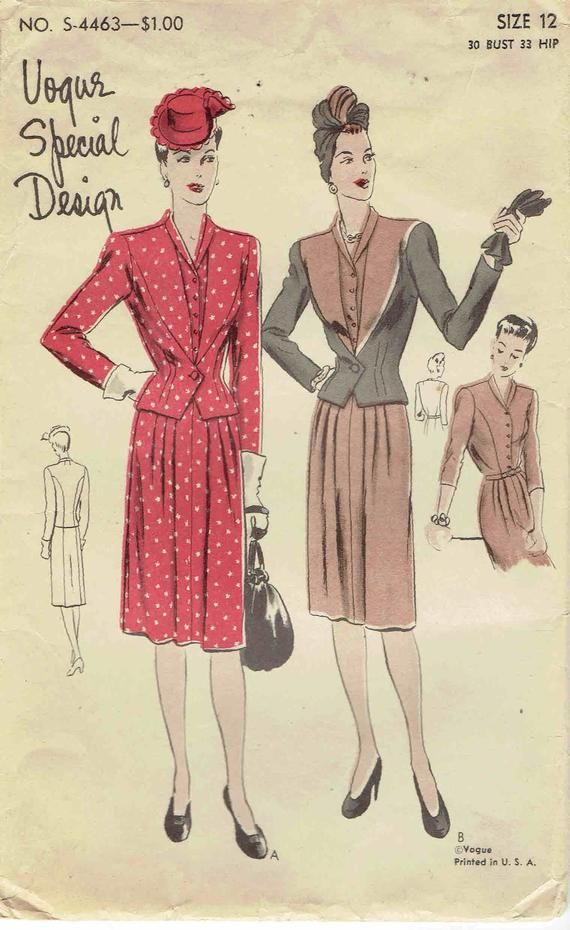 Both are currently undergoing compulsory treatment.
Both are currently undergoing compulsory treatment.
Inessa Tarverdieva and Roman Podkopaev
Perhaps the most famous Russian criminal couple. Inessa was a kindergarten teacher, Roman was a dentist.
Together with Inessa's daughter Victoria, Roman's sister Anastasia Sinelnik and her husband Sergei, at least 10 people were killed from 2008 to 2013 (the investigation believes that at least 30). Other crimes include assassination, banditry, and theft.
Podkopaev was killed during his arrest on September 8, 2013, the rest received from 16 to 21 years in prison.
The gang was nicknamed the "Amazon gang" because a knife was found near the scene of one of the crimes with the inscription "to my beloved Amazon". Subsequently, it turned out that it did not belong to any of the criminals.
Photo: Getty images, Legion media, Valery Matytsin/TASS
"The author was born twice.
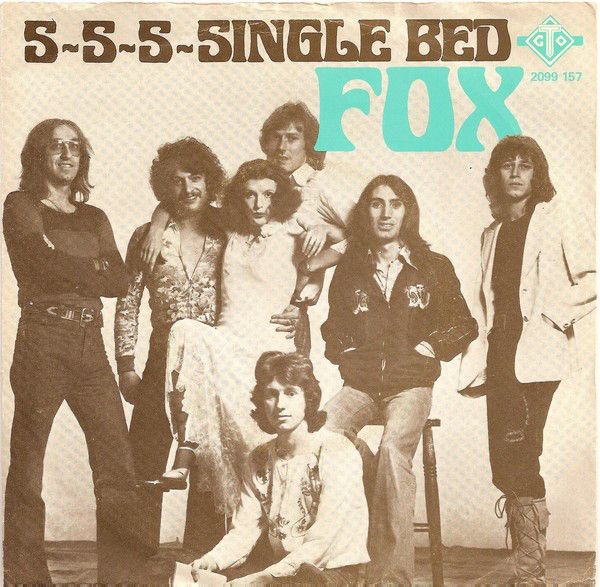 .." , literary creativity is almost always individual. Any team in this business is always an exception, a rarity. There are many writers, even great recognized creators. Against their background, writing duets are a tiny minority. Units against the background of hundreds or even thousands of colleagues in the literary workshop. nine0003
.." , literary creativity is almost always individual. Any team in this business is always an exception, a rarity. There are many writers, even great recognized creators. Against their background, writing duets are a tiny minority. Units against the background of hundreds or even thousands of colleagues in the literary workshop. nine0003 But the hero of our story and his co-author are a minority among a minority. Here, try offhand to recall the most famous literary duets, both in Russia and abroad ... If you are not a connoisseur, not a connoisseur of literature, then you will probably only remember the Grimm brothers and the Strugatsky brothers. Connoisseurs will remember more - from the Goncourt brothers and the Zhemchuzhnikov brothers (the same "Kozma Prutkov") to the Weiner brothers and the Dyachenko spouses. But in any case, most of the literary duets that have achieved fame are close people, more often relatives, who were brought together not only by literature, but by life itself. nine0003
nine0003
Ilf and Petrov, the most famous satirists of the Soviet era, are an exception among exceptions against this background. Absolutely not brothers, not relatives, they even met already at a conscious age, having very different biographies behind them. Initially, the only common place of birth, and even then with a difference of five years, is seaside Odessa.
Evgeny Petrovich Kataev, known to us as Petrov from the famous duet, was born in this sunny city exactly 120 years ago, on December 13 (new style), 1902. nine0003
"The first piece of literature was the protocol of examination of a corpse…"
It was not for nothing that we recalled the literary duets of the brothers - it would seem that fate itself prepared for Yevgeny Petrov co-authorship with his own brother. Valentin Petrovich Kataev, the elder brother, is still remembered by many as the author of the wonderful story "The Lonely Sail Turns White" and the atypical novel "My Diamond Crown".
The brothers, Evgeny and Valentin, even tried themselves as co-authors - together they wrote the script for one of the most famous comedies of the Stalin era (more on this later). But the literary duet of siblings did not work out. Let's not guess why, we will only note that it was the brother who pushed Eugene to work in collaboration. However, this will happen after more than two decades, so let's go back 120 years ago, to December 1902 years.
But the literary duet of siblings did not work out. Let's not guess why, we will only note that it was the brother who pushed Eugene to work in collaboration. However, this will happen after more than two decades, so let's go back 120 years ago, to December 1902 years.
Eugene became the second child in the family of Peter Vasilievich and Evgenia Ivanovna Kataev. Her father is a teacher at the cadet school, a graduate of Novorossiysk University (that was the name of the main university of Odessa in that era), and her mother is a graduate of the Odessa Conservatory, her grandfather was a participant in the Patriotic War of 1812. A very intelligent and prosperous family, not numerous for that era, the middle class.
Pyotr Kataev with his sons Valentin and Evgeny, 1910
© Public Domain/Wikimedia Commons
However, life for our hero began with a tragedy - a few months after the birth of Eugene, his mother, also Eugenia, dies of then incurable pleurisy. The father is left with two children in his arms, two boys - future writers.
"Outdoor Counselor" Pyotr Kataev was a strict but good father. He introduced his sons to a rich home library, took them on educational trips - not only to "pilgrimage" Kyiv close to Odessa, but even to Greece and Italy "with a bright, cloudless ancient sky," as older brother Valentin later recalled. nine0003
The older brother started publishing poems and stories when he was young. The younger Eugene, looking up at the talented Valentine, was in no hurry to get creative. However, the youth of Eugene fell on the hard times of the Civil War, when it was not at all up to literature.
In 1918-1920, power in Odessa changed kaleidoscopically, many times. In the spring of 1920, the Kataev brothers were arrested by Chekists, suspecting them of being members of a White Guard conspiracy. The elder Valentin advised the younger Eugene to reduce his age by a year in order to avoid the death penalty. Since then, for a long time he wrote the wrong date of birth in the questionnaires - 1903 year. Fortunately, a few months later, the brothers are released - the connections of the elder Valentine helped.
Fortunately, a few months later, the brothers are released - the connections of the elder Valentine helped.
The elder soon leaves for Kharkov (then the capital of the Soviet Ukraine), then to Moscow to feed himself on literary and journalistic work. The younger brother Eugene remains in Odessa. He is still far from literary creativity - he goes to work in the criminal investigation department. The morals of that violent and stormy era still allowed this - to get out of the Chekist prison and become an employee of the criminal investigation department. Later, having already become Petrov, Yevgeny Kataev joked that his "first literary work was the protocol for examining the corpse of an unknown man." nine0003
From the "Green Van" to Butyrskaya Prison
The work in the criminal investigation immediately after the Civil War was not easy and even dangerous. But Yevgeny Kataev even here managed to get into literary history, from which a story was born, and then several films. It's all about our hero's classmate at the Odessa Classical Gymnasium - Alexander Kozachinsky. He served in the criminal investigation together with Yevgeny, but, unable to withstand the temptations of the New Economic Policy, which was just beginning, the new economic policy, he turned to raiders and horse thieves. For a short time he lived beautifully by robberies, but he was ambushed by the police (as the police were called in Soviet times) - and Kozachinsky would have been killed in a shootout, but among those who undertook to arrest him, he recognized his classmate Yevgeny Kataev, a friend of childhood and youth, with whom sat at one desk and played football. nine0003
It's all about our hero's classmate at the Odessa Classical Gymnasium - Alexander Kozachinsky. He served in the criminal investigation together with Yevgeny, but, unable to withstand the temptations of the New Economic Policy, which was just beginning, the new economic policy, he turned to raiders and horse thieves. For a short time he lived beautifully by robberies, but he was ambushed by the police (as the police were called in Soviet times) - and Kozachinsky would have been killed in a shootout, but among those who undertook to arrest him, he recognized his classmate Yevgeny Kataev, a friend of childhood and youth, with whom sat at one desk and played football. nine0003
Alexander Kozachinsky surrendered to Yevgeny Kataev, and here he proved himself to be a real humanist - Yevgeny managed to have the arrested person replaced by execution by imprisonment (in the harsh, but not yet bureaucratized 20s, this was possible). The former Odessa football player and hijacker remained alive, a few years later he will be released from prison under a mass amnesty following the results of the Civil War. And again, Eugene will take part in his fate, arranging a classmate to work as a reporter and journalist. nine0003
And again, Eugene will take part in his fate, arranging a classmate to work as a reporter and journalist. nine0003
Later, Yevgeny will advise Kozachinsky to describe all the vicissitudes of this story - this is how the adventure story "The Green Van" will be born. Many now will surely remember the Soviet film of the same name based on it with actor Dmitry Kharatyan in the title role. So the young Kharatyan in this 1983 film is played by Yevgeny Kataev. In the film and the story, he is bred under the name of Volodya Patrikeev.
Alexander Kozachinsky
© Ilya Ilf/ Public Domain/ Wikimedia Commons
In Soviet times, there were already two adaptations of Kozachinsky's story - in 1959 and 1983, and already in our XXI century there was a sequel, filmed in 2018, the TV series "Green Van". As you can see, with the light hand of the protagonist of our story, a true friend and humanist, a literary history appeared that is still alive today, after a whole century.
True, this is still not Yevgeny's own literature. Until 1923, he honestly and valiantly served in the criminal investigation department. The archives testify that the young detective solved more than 40 crimes, participated in the deadly liquidation of several gangs, "worked honestly and with a full understanding of his business." nine0003
Until 1923, he honestly and valiantly served in the criminal investigation department. The archives testify that the young detective solved more than 40 crimes, participated in the deadly liquidation of several gangs, "worked honestly and with a full understanding of his business." nine0003
Later, having already become a venerable writer, he himself recalled those days in the Odessa criminal investigation department: “I have always been an honest boy. When I worked in the criminal investigation department, they offered me bribes, and I did not take them. ... I believed that I had three, four days left to live, well, a week at most. I got used to this thought and never made any plans. I had no doubt that I must die at all costs for the happiness of future generations. I survived the war " Civil war, many coups, famine. I stepped over the corpses of people who died of starvation and carried out inquiries about 17 murders. I conducted investigations, since there were no judicial investigators.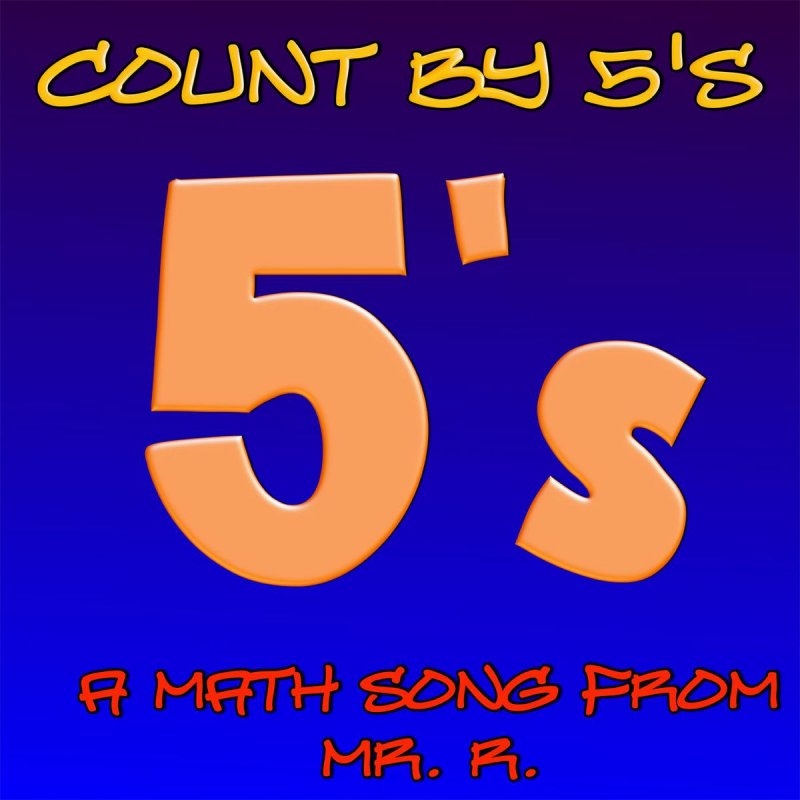 Cases went straight to the tribunal. There were no codes, and they simply judged - "in the name of the revolution. I knew for sure that I must die very soon, that I could not help but die. I was a very honest boy." nine0003
Cases went straight to the tribunal. There were no codes, and they simply judged - "in the name of the revolution. I knew for sure that I must die very soon, that I could not help but die. I was a very honest boy." nine0003
So Yevgeny Kataev would have been a police general (if he had survived in the 20s, 30s and 40s), but ... But still, somewhere there was a craving for literature and writing in him, for the time being time crushed by respect for her older brother Valentin, by that time already a recognized writer and journalist, a friend of Yesenin.
And at the very end of 1923 Evgeny Kataev left the Odessa Criminal Investigation Department to go to Moscow to live with his elder brother. In the capital of the newly established USSR, at first, according to the old memory of the criminal investigation department, he worked for several months as a warden in the Butyrka prison. But soon he nevertheless becomes a journalist in the humorous magazines "Red Pepper" and "Crocodile".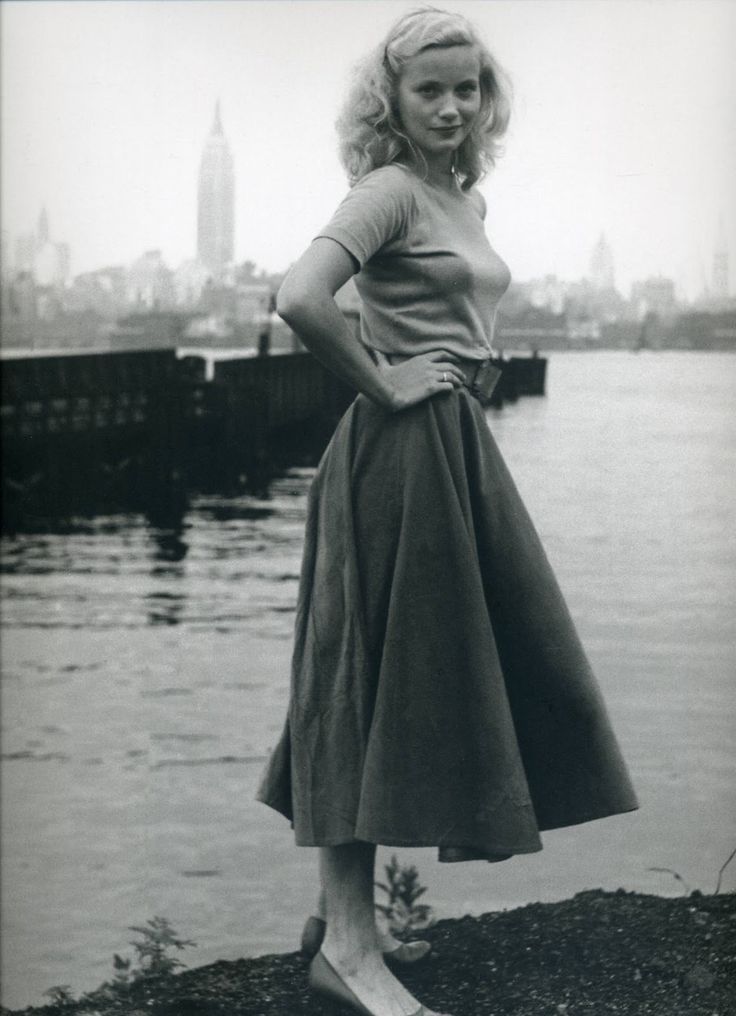 nine0003
nine0003
Older brother Valentin Kataev later recalled the first success of his younger brother in the capital: “My brother turned out to be a quick-witted and diligent boy, so after two months, having climbed around the editorial offices of all the humorous magazines in Moscow, cheerful, sociable and charming, he began to earn very decent money, not refusing any genres: he wrote feuilletons in prose, and, to my surprise, even in verse, gave themes for caricatures, signed under them, made friends with all the comedians of the capital, handed over a state-owned revolver to the Moscow Criminal Investigation Department, dressed well, a little gained weight, shaved and cut his hair in a barbershop with cologne, made some pleasant acquaintances, found himself a separate room ... "
"Gudok" and the birth of the duet
But the year 1925 became the main year in the creative life of the young journalist Evgeny, when he first appeared in the editorial office of the newspaper "Gudok".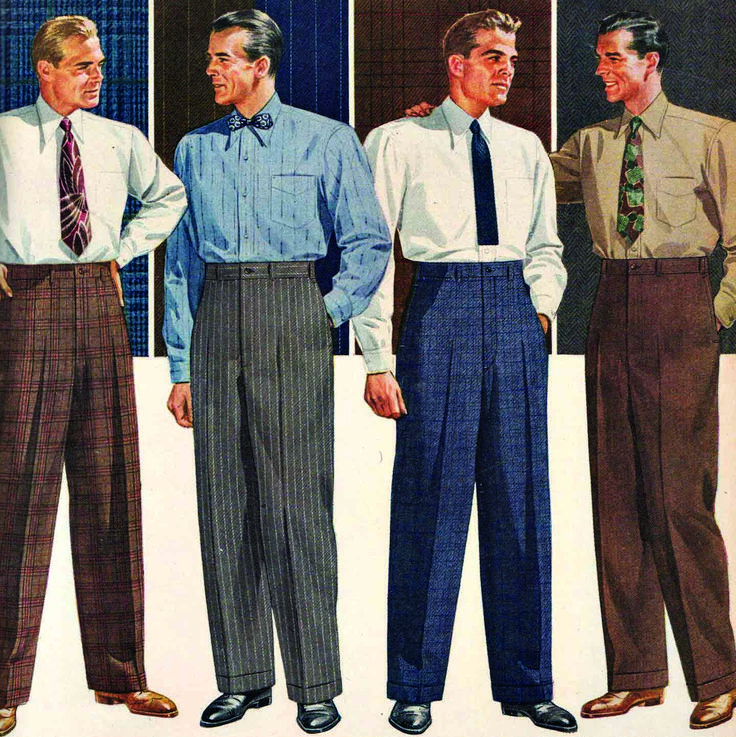 The official publication of the railway department in those years was very popular in the media - mainly due to the fourth, last page, where feuilletons and humorous stories were printed. In those years, Bulgakov, Paustovsky, Zoshchenko and many other talented writers of that era were published in Gudok.
The official publication of the railway department in those years was very popular in the media - mainly due to the fourth, last page, where feuilletons and humorous stories were printed. In those years, Bulgakov, Paustovsky, Zoshchenko and many other talented writers of that era were published in Gudok.
It was in the editorial office of this daily newspaper that Yevgeny Kataev met his fellow countryman, also from Odessa, Ilya Fainzilberg. This is how the famous writing duet Ilf and Petrov was born. Yevgeny Petrovich Kataev was embarrassed to use his last name for publications - in his opinion, it rightfully belonged to his older brother, the already well-known writer Valentin Kataev. Therefore, Eugene came up with the simplest patronymic pseudonym for himself - he became Petrov. The pseudonym of another member of the duet, Ilya Fainzilberg, obviously, was derived from the first letters of the name and surname - "IlF". nine0003
Ilya Ilf and Evgeny Petrov
© Eleazar Langman/ Public Domain/ Wikimedia Commons
Both Odessans had never known each other before, they met and became acquainted only in Moscow.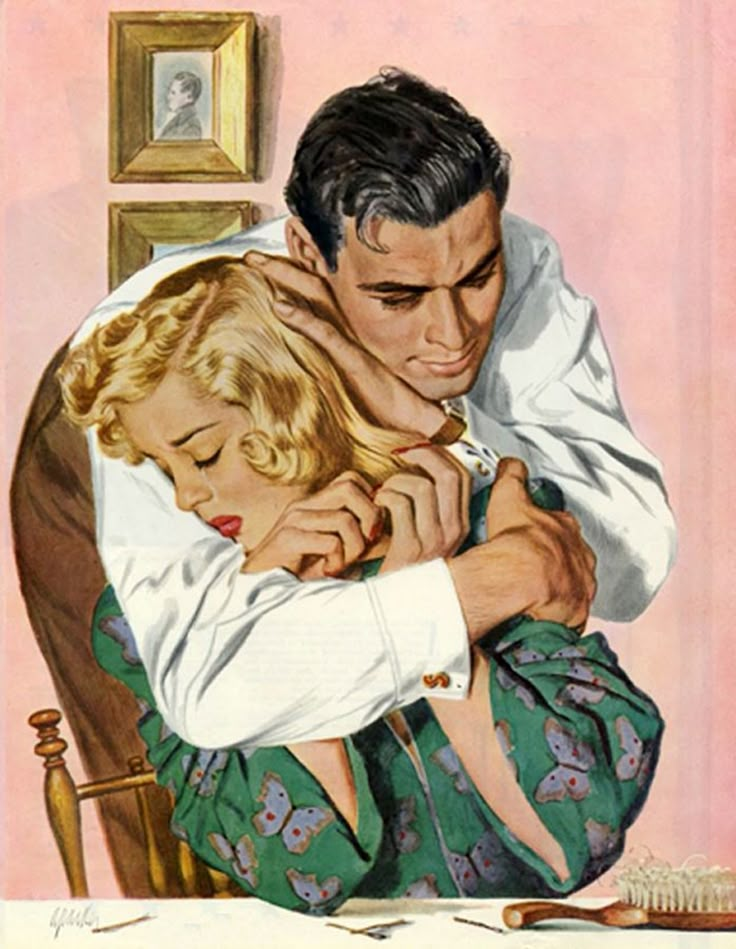 Their writing duet was also not born immediately - at first they were just colleagues, employees of the same editorial office, they worked side by side, side by side in the same room. In the summer of 1927, they went on vacation together to their small homeland - to Odessa. In that era, it was customary to keep diaries, and both kept such a diary - but for economy, they each wrote down their impressions in one notebook. nine0003
Their writing duet was also not born immediately - at first they were just colleagues, employees of the same editorial office, they worked side by side, side by side in the same room. In the summer of 1927, they went on vacation together to their small homeland - to Odessa. In that era, it was customary to keep diaries, and both kept such a diary - but for economy, they each wrote down their impressions in one notebook. nine0003
Probably, this prompted them to think about joint creative work. But the joke of the older brother, Valentin Kataev, thrown in passing, became the catalyst. It was he who came up with the plot about the search for diamonds hidden in one of a dozen chairs. And he jokingly suggested that Petrov and Ilf (now Petrov and Ilf, but not yet a duet) write this story on his behalf as "literary blacks", and he himself "when the work is completed, will go through the text with the hand of a master."
Evgeniy and Ilya laughed at Valentin's joke, but still - apparently also out of love for humor - they decided to try to work together on a funny story. In that era, at the dawn of Soviet socialism, collectivism was in vogue even among individualist writers. Just then, at 19In the year 27, in the most popular magazine Ogonyok, Alexei Tolstoy, Isaac Babel, Mikhail Zoshchenko and a number of other well-known writers published their "collective novel" from issue to issue. Alas, this experience did not become brilliant, the mechanical addition of individual talents could not give rise to a talented narrative. The collective novel called "Big Fires" remained not a great work, but a funny incident in the history of Russian and Soviet literature.
In that era, at the dawn of Soviet socialism, collectivism was in vogue even among individualist writers. Just then, at 19In the year 27, in the most popular magazine Ogonyok, Alexei Tolstoy, Isaac Babel, Mikhail Zoshchenko and a number of other well-known writers published their "collective novel" from issue to issue. Alas, this experience did not become brilliant, the mechanical addition of individual talents could not give rise to a talented narrative. The collective novel called "Big Fires" remained not a great work, but a funny incident in the history of Russian and Soviet literature.
On the other hand, the duet of Petrov and Ilf had their "collective romance" much more successful. But he was also born in the throes of creativity. The two co-authors had to argue a lot, get used to each other and in their efforts to give birth to a common literary child. nine0003
"We always wrote together in the most time-consuming way..."
A few years later, Ilf and Petrov joked about their joint work: "Authors are usually asked how they write together.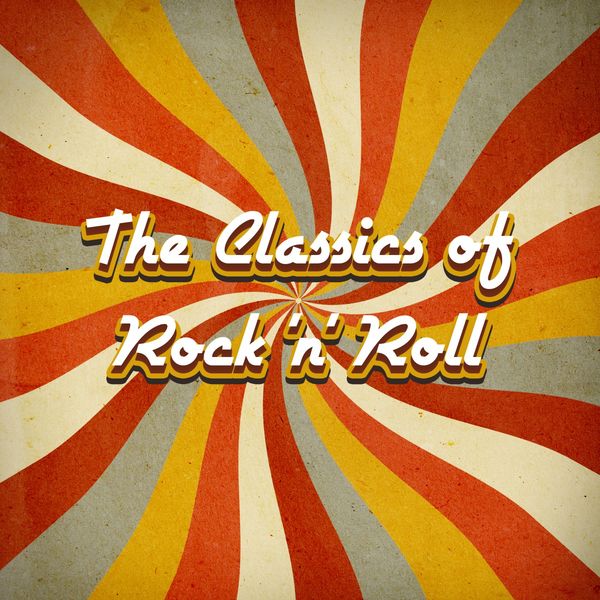 For those who are interested, we can point to the example of singers who sing duets and feel doing well at the same time…"
For those who are interested, we can point to the example of singers who sing duets and feel doing well at the same time…"
Not in jest, but in reality everything was much more complicated. Their mutual friend, also a satirist writer Viktor Ardov, recalled the joint work of Ilf and Petrov as follows: “I can testify that our friends always wrote together and in the most time-consuming way ... Each of the co-authors had an unlimited veto: not a single word, not a single phrase ( not to mention the plot course or the names and characters of the characters) could not be written until both agreed with this piece of text, with this phrase, with this word. Often such disagreements were caused by violent quarrels and screams (especially from the ardent Yevgeny Petrovich ), but on the other hand, what was written turned out like a cast part of a metal pattern - everything was finished and finished to such an extent. nine0003
They wrote their first novel in just over four months, from September 1927 to January 1928.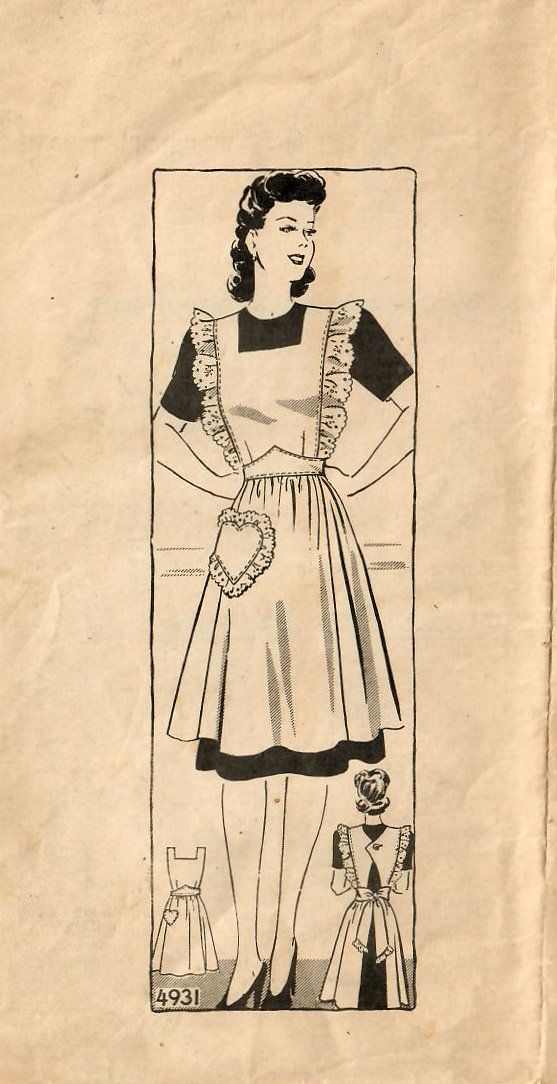 A thick folder with the manuscript was taken together to the editorial office on a sled. After the first successful publication, the novel is reprinted annually, and it will not take even five years for the continuation of Ostap Bender's odyssey, the novel The Golden Calf, to be just as successful with readers.
A thick folder with the manuscript was taken together to the editorial office on a sled. After the first successful publication, the novel is reprinted annually, and it will not take even five years for the continuation of Ostap Bender's odyssey, the novel The Golden Calf, to be just as successful with readers.
Ilya Ilf and Evgeny Petrov
© Hulton Archive/ Getty Images
Retelling these two works is pointless, everyone knows them - certainly everyone who reads or at least watched the movie. There are two dozen screen adaptations of "The Twelve Chairs" alone, one even in Brazil (where Ostap Bender so aspired to!). The last three appeared already in our 21st century, moreover, the latest film adaptation at the moment is 2013, Italy, the film La sedia della felicit (“Happiness is not in the chairs”). nine0003
Without a doubt, this is the most famous satire of the Soviet era. And one of the most famous satires in the world, born in Russian. Arguments about the possible prototypes of heroes occupy entire volumes in literary and philological journalism. It is indisputable that the co-authors, Ilf and Petrov, created humor, just humor, but they got something more - a satirical epic about an entire era, the era of the decline of the NEP, when the "NEP frenzy" that ended the Civil War and the Soviet market, with all the grimaces and color, were replaced by completely different times. nine0003
It is indisputable that the co-authors, Ilf and Petrov, created humor, just humor, but they got something more - a satirical epic about an entire era, the era of the decline of the NEP, when the "NEP frenzy" that ended the Civil War and the Soviet market, with all the grimaces and color, were replaced by completely different times. nine0003
Translations and performances of their works in foreign languages will appear almost immediately. Already in 1933, the first film adaptation, the Polish-Czech film "The Twelve Chairs", will take place. A year later, in Paris, one of the most authoritative and largest publishing houses in Western Europe, Albin Michel, authored by Elie Ilf and Eugene Petrov, published the novel Un Millionaire au Pays des Soviets ("Millionaire in the Land of the Soviets"), so Western publishers will rename the novel "The Golden Calf".
In 1936 in London, based on the "Twelve Chairs" will shoot a comedy film Keep Your Seats, Please ("Stay in your seats, please"). In a word, the success of Ilf and Petrov very quickly became not only all-Union, but also truly international. nine0003
In a word, the success of Ilf and Petrov very quickly became not only all-Union, but also truly international. nine0003
Thanks to "The Twelve Chairs" and "The Golden Calf", both co-authors met the 1930s with famous and prosperous Soviet writers. For some, that time was difficult and tragic, but for Ilf and Petrov, it was successful and inspiring. Moreover, both, despite the sarcastic attitude, quite seriously, without jokes, shared the ideas of socialism.
"One-storied America" by Ilf and Petrov
"The author was born twice…" — this is how their duet's autobiography begins, written together by Ilf and Petrov. This refers to the dates of birth of two co-authors, September 15, 1897 years with Ilf and December 15, 1902 with Evgeny Petrov (no longer Kataev). But it seems that their second common birth was on January 5, 1927, when they completed their first joint creative work - the novel "The Twelve Chairs". It was on that day that the famous satirical writers were born - Ilya Fainzilberg finally became Ilf, and Yevgeny Petrovich Kataev became Petrov.
However, they had another second birth, when from satirical writers they became truly great writers. It happened at 1936, when Ilf and Petrov wrote a completely non-satirical book "One-story America".
Their duet is remembered today precisely for the dilogy about Ostap Bender, but in addition to "The Twelve Chairs" and "The Golden Calf", Ilf and Petrov wrote several satirical stories, a lot of humorous stories and even the script for the movie "Circus", which was released in 1936 and which became one of the most successful comedies of the Stalin era (by the way, the third co-author of the script was the brother of the hero of our story, Valentin Kataev). However, the ruthless time kept the popularity of only two novels about the charming swindler Ostap-Suleiman-Berta-Maria-Bender-bey. Part of the humor of Ilf and Petrov is really outdated - it was too immersed in the shades and features of its bygone era, this is no longer understandable and funny to our contemporaries.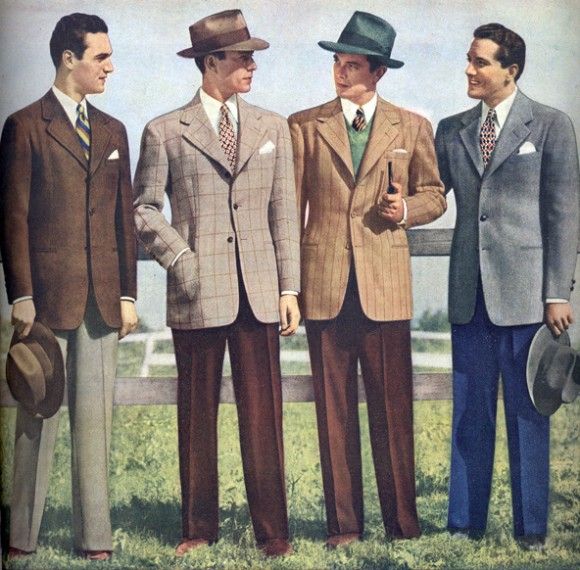 nine0003
nine0003
But along with Bender, who is immortal in every sense, the duet of Ilf and Petrov has one very serious work. And it is even a pity that it is drowning in the shadow of their famous satire. It is about the cycle of travel essays "One-story America". At the end of 1935, the author's duet in a car crossed the entire United States from the Atlantic to the Pacific Ocean in a few months.
In the history of our literature, this is perhaps the first book with a fundamental description of the United States. Of course, since the 19th century there were notes, publications, and even academic treatises about this country in Russian. But for the mass consciousness of our compatriots, America remained incognita terra until 1937 years, until the joint book of Ilf and Petrov was published.
There was no geopolitical confrontation between the USSR and the USA in the 30s, Ilf and Petrov could look at the overseas power with an open mind, noting all the pluses and minuses of a large country and its people with their well-aimed gaze of a professional duet of satirists. The story turned out to be surprisingly deep and comprehensive. Again, it is pointless to retell it - you have to read it.
The story turned out to be surprisingly deep and comprehensive. Again, it is pointless to retell it - you have to read it.
But one big quote from this serious book by famous humorists is worth quoting: “America lies on a high highway. a complete collection of monuments, not New York with its skyscrapers, with its poverty and wealth, not San Francisco with its steep streets and suspension bridges, not mountains, not factories, not canyons, but the intersection of two roads and a gas station against the backdrop of wires and advertising posters. nine0003
"I'm used to believing in miracles…"
"The author was born twice…" - let's repeat the first words of their joint autobiography. But it would be fair to say that the author died twice. The first time it happened was on April 13, 1937 at 10:35 p.m. The date, up to a minute, is given by Yevgeny Petrov himself in his story "From the Memoirs of Ilf".
Ilya Ilf, co-author of the hero of our story, his elder friend, died of chronic tuberculosis.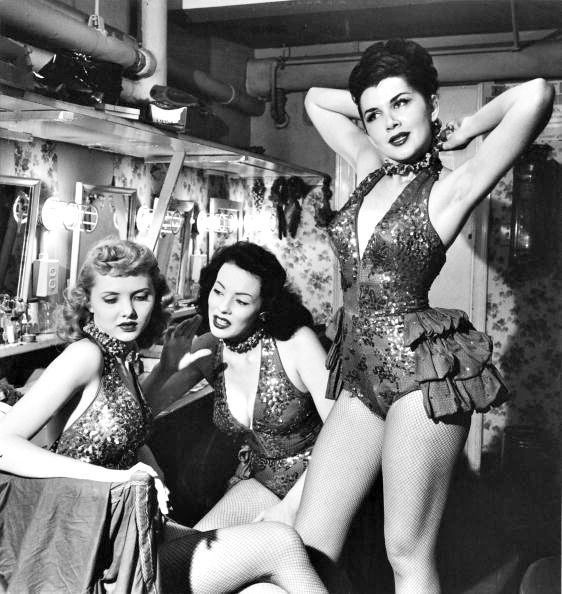 In that era, Koch's wand had not yet been learned to treat and stop. For Yevgeny Petrov, the death of his closest friend was a terrible tragedy. The bitterness of loss is directly physically felt in all his lines written about Ilf without Ilf: “And here I am sitting alone in front of a typewriter, on which Ilf printed amazing notes in the last year of his life. The room is quiet and empty, and you have to write. for the first time after the usual word "we" I write the empty and cold word "I" and remember our youth ... "
In that era, Koch's wand had not yet been learned to treat and stop. For Yevgeny Petrov, the death of his closest friend was a terrible tragedy. The bitterness of loss is directly physically felt in all his lines written about Ilf without Ilf: “And here I am sitting alone in front of a typewriter, on which Ilf printed amazing notes in the last year of his life. The room is quiet and empty, and you have to write. for the first time after the usual word "we" I write the empty and cold word "I" and remember our youth ... "
Ilya Ilf
© Eleazar Langman/ Public Domain/ Wikimedia Commons
Surprisingly, with all their close friendship, many years of co-authorship, they have been with each other exclusively on "you" all their lives - it just started with them from the moment they met in the editorial office newspaper "Gudok". Shocked by the death of a comrade, Petrov wrote with a tragic strain that was clearly visible and decades later: “I can’t remember how and where we met Ilf.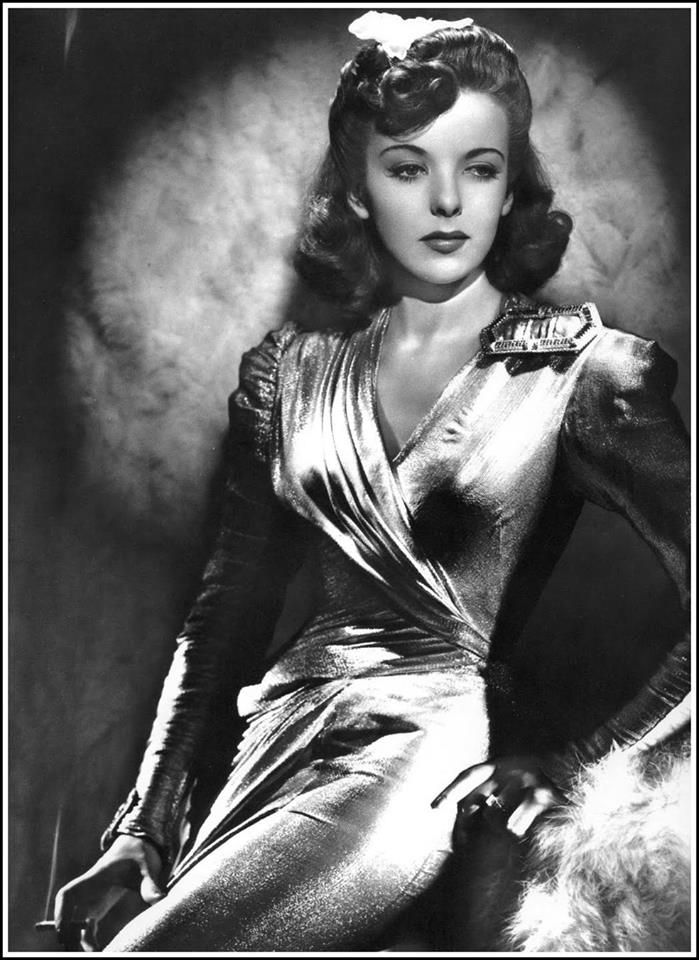 The very moment of our acquaintance completely disappeared from my memory. I don’t remember the nature of Ilf’s phrase, his voice, intonation manner of speaking. I can see his face, but I can't hear his voice..."
The very moment of our acquaintance completely disappeared from my memory. I don’t remember the nature of Ilf’s phrase, his voice, intonation manner of speaking. I can see his face, but I can't hear his voice..."
After the death of the co-author, Evgeny Petrov parted ways with humor. From the satirical in his further work, perhaps, only a few scripts for comedy films. But in Pravda, the main newspaper of the Soviet country, in 1938 a series of serious essays about our Far East was published, where terrible events were unfolding - a violent confrontation with imperial Japan.
Soon Yevgeny Petrov, sensing the approach of a terrible war against Nazism, joins the Communist Party. This is a conscious and, in fact, difficult choice in those days. Petrov is a very successful and, thanks to his popularity, a wealthy Soviet writer, but the hard times of the 30s did not bypass him either. At 19In 38, his father-in-law, his wife's father, Leonty Grunzaid, was shot - before the revolution, a wealthy businessman and supplier of tea to the imperial court.
The hero of our story got married back in the late 1920s, just in the middle between the appearance of The Twelve Chairs and The Golden Calf. The marriage was out of great love, the beautiful Valentina (it was to her that the writer Yuri Olesha dedicated the romantic fairy tale "Three Fat Men") gave birth to two sons to Evgeny - the eldest was named Peter, in honor of the father of the hero of our story, and the youngest, who was born in the spring of 1939 years old, named Ilya, in honor of the late Ilf.
Yevgeny Petrov met the beginning of the Great Patriotic War as the editor of the popular Ogonyok magazine. After June 22, 1941, he did not remain in a respectable editorial office - he immediately became a front-line correspondent. Truly front-line - over the next 13 months he visited all fronts, from the polar Murmansk to Sevastopol. During the counter-offensive near Moscow, being at the forefront, he received a heavy shell shock.
In those tragic months, he produced many strong texts about the war and, above all, about human life in the war.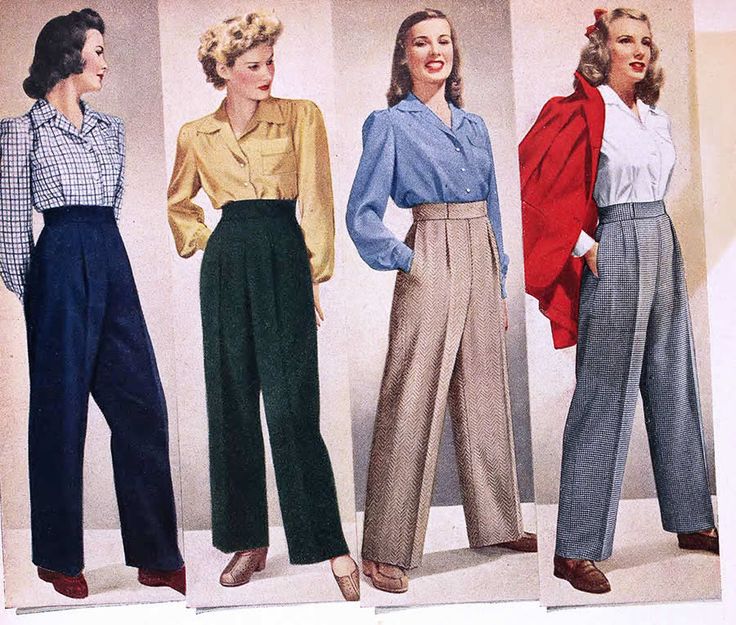 We will not retell or list them - it is better to read in the collections of works by Evgeny Petrov. But for characterization and understanding, it is worth telling one story known to us from the memoirs of Konstantin Simonov. When a front-line photojournalist brought his photographs to Petrov's office, the editor (having ceased to be a humorist, he became a strict and corrosive editor) scolded him: "Why do you only shoot war in war and don't want to shoot life? After all, people not only fight, they live…”0003
We will not retell or list them - it is better to read in the collections of works by Evgeny Petrov. But for characterization and understanding, it is worth telling one story known to us from the memoirs of Konstantin Simonov. When a front-line photojournalist brought his photographs to Petrov's office, the editor (having ceased to be a humorist, he became a strict and corrosive editor) scolded him: "Why do you only shoot war in war and don't want to shoot life? After all, people not only fight, they live…”0003
Yevgeny Petrov himself actually lived in the war all 13 months of the rest of his life. At the end of June 1942, using his acquaintance with the high command, he reached Sevastopol, surrounded by the Germans. In the midst of the final battles for the base of the Black Sea Fleet, when the burning city was shot through by the enemy, he could die every minute.
During the evacuation, on the eve of the fall of Sevastopol, Evgeny Petrov was on board the destroyer "Tashkent", repeatedly attacked by enemy bombers.